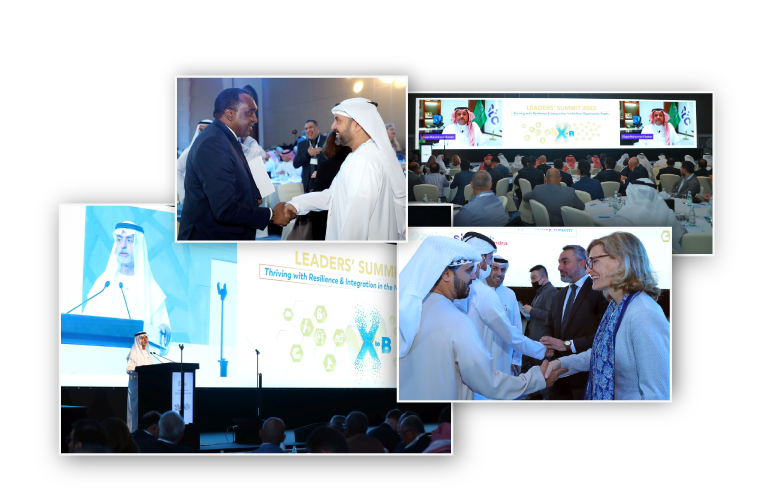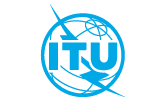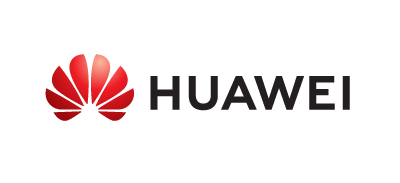H.H. Sh. Nahyan bin Mubarak
Cabinet Member - UAE
The Leaders’ Summit 2023 encompasses dialogue, debate, and discourse-based engagement among cross-industry stakeholders, globally-renowned technology firms, emerging digital ecosystem leaders, policy-making bodies, advocacy institutions, change-drivers, and digital economy enablers and decision-makers on industries issues, real-life problems and challenges, seeking implementable solutions and supporting the fulfillment of objectives of the Member States, the ITU, the UN Broadband Commission, and the Private Sector, at large.
AGENDA
Patronage & Host

Partnership


Industry Collaboration



Strategic Support


Ecosystem Support

Media Partnership


Huawei Technologies, a global leader in information and communications technology (ICT) solutions, emphasized the crucial role of green ICT development...
READ MOREWith the active participation and sponsorship of the Telecommunications and Digital Government Regulatory Authority (TDRA),SAMENA held its annual summit at the Atlantis Hotel in Dubai, in the presence of ..
READ MORESAMENA Telecommunications Council’s annual Leaders’ Summit of global and regional leaders, bringing market and government-sector representation ..
READ MOREATLANTIS, THE PALM
DUBAI, UAE
You can contact us regarding any queries using this form or the details listed below